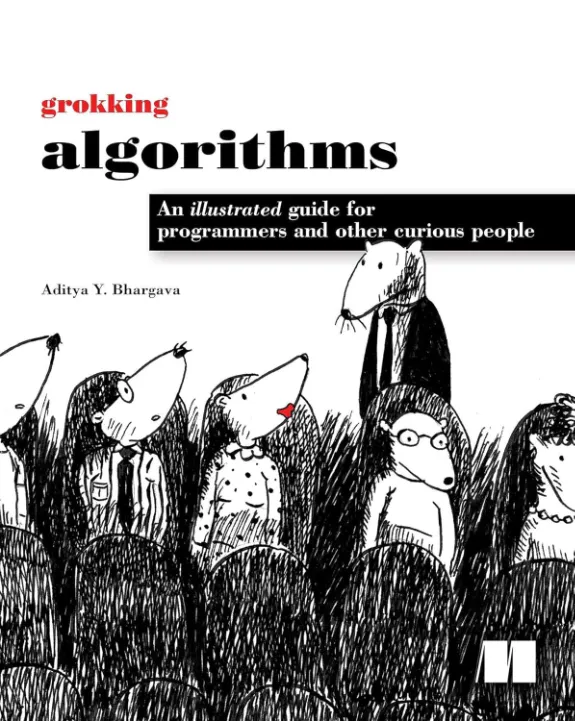Should a lead code? How much should a lead code? If a lead could code, how much code should a coding lead code? I have no anwers to these questions, but I am a lead, and I do code. And in order to stay sharp on the keys even when the work keeps me out of it, I decided to do a daily practice.
As the cliche goes, pracice makes perfect. Which I never really liked. I prefer, practice makes progress. Yes, I know, that’s what it means. I’ll stop being pedantic.
Back to the first question: should a lead code? Personally, I think so. I think a lead should be able to get neck deep in the mire. If the team is neck deep in it, the lead should be deep in it, maybe deeper, up to his eyeballs. If, of course, it’s not more important for him to be bushwhacking for his team in other ways.

It’s complicated. Sometimes it makes sense. Sometimes it’s enough to just be there with the team. Sometimes, there are much, much more pressing things for a lead to do. The important thing is for them to know you’re there with them, leading the charge, blocking hits with your shield, if you can.
Let the team be the best they can be - you’re a team, after all - so sometimes, probably most times, just get out of the way and let them do their thing.
As I said before, however, I think it’s important that a lead can code. You can be part of the conversation, you can make tech decisions with the proper knowledge at hand, you can read code and help find ways forward, and you can pick up bits when they need to be picked up, even if it’s just when people need a breather.
As a lead, you get rusty.
So, in order to shake the rust off - the only way to shake the rust off - is to code.

I’m busy - a job, kids, wife, the gym, and other, sillier hobbies. I decided to treat keeping sharp like the gym - just do it, consistently, as much as you can. If you sit down and get a few lines out, great, you’ve won.
I started out with CodeWars.
On Codewars, kata are code challenges focused on improving skill and technique. Some train programming fundamentals, while others focus on complex problem solving. Others are puzzles meant to test your creative problem solving, while others are based on real world coding scenarios.
The term was first coined by Dave Thomas, co-author of the book The Pragmatic Programmer as an acknowledgment to the Japanese concept of kata in the martial arts. Dave’s version of the concept defines a code kata as an exercise in programming which helps a programmer sharpen their skills through practice and repetition.
Generally, no matter what you set your skill level to in CodeWars, they’ll start you off easy. As you bang through exercises, they’ll ramp up in difficulty.
Highly recommended, and tons of fun. If you only have a bit of time, shoot for the easier Katas. If you’ve got a bit more time on your hands or space to think, go for the more difficult ones. If you’re out of practice, it’ll ease you back into the space of solving coding problems gently.
Over the past couple of months, I’ve completed 60 Katas and I’m inches away from 4 Kyu.
In addition, I’ve been rocking this badass book, Grokking Algorithms

And, hitting up the big boy in the world of coding tests and prep, Leet Code
I started with the intro to Leet Code, and moved over to Introduction To Data Structures: Arrays 101.
This is all stuff I did in University, but University was a long time ago, and did I mention I’m a lead now? Yeah.
I’ve solved 18 problems now, and I’m really enjoying it all. Really fun to just work through problems and push those muscles.
The rust is duly getting shaken off. The sword is getting sharp again.

If you’re a lead or a manager struggling as you move away from code into a role where you’re supporting a great team, give it a shot. It might remind you why you fell in love with coding in the first place!
Stay strong, stay sharp, and everything falls into place!
